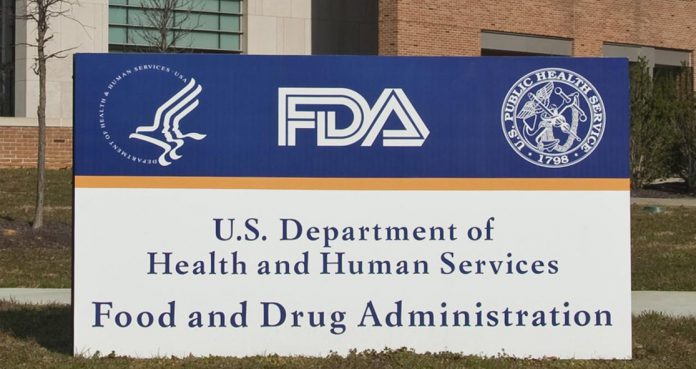The U.S. Food and Drug Administration (FDA) declined the approval of the first long-acting, monthly HIV drug called Cabenuva on Saturday.
The agency’s decision to decline the approval was due to concerns related to the manufacturing and control process, and not due to the safety and effectiveness of the drug.
ViiV Healthcare Ltd., the manufacturer of Cabenuva, told ABC News, “Clearly this is disappointing and not the news we hoped for.” The company hoped that the drug would offer a great solution by preventing the burdens of taking pills on a daily basis.
Cabenuva injection would be given on a monthly basis that can be delivered in a physician’s office. Patients with HIV would receive two injections of two HIV drugs each month. The first injection includes Cabotegravir, a drug that stops the virus from infecting human cells and the second includes Rilpivirine, a drug that blocks the virus from proliferating.
Clinicians who treat patients with HIV considered Cabenuva a major advancement in HIV treatment.
Dr. David Wohl, who was involved in the clinical trials for Cabenuva, said, “We really did make a leap; what you are seeing for the first time is a completely pill-free treatment for HIV. There is a group of people for who this can make a tremendous difference.”
For people who have HIV, switching from a daily pill to a monthly injection could improve their quality of life and diminish fears related to HIV discrimination.
In the United States, more than 1 million people are living with HIV, while most have a fear of discrimination and safety.
No additional clinical trials would be necessary because the FDA did not raise a question about the drug’s safety. ViiV Healthcare said, “The company plans to work closely and with urgency with the FDA to determine the appropriate next steps for this new drug application.”























